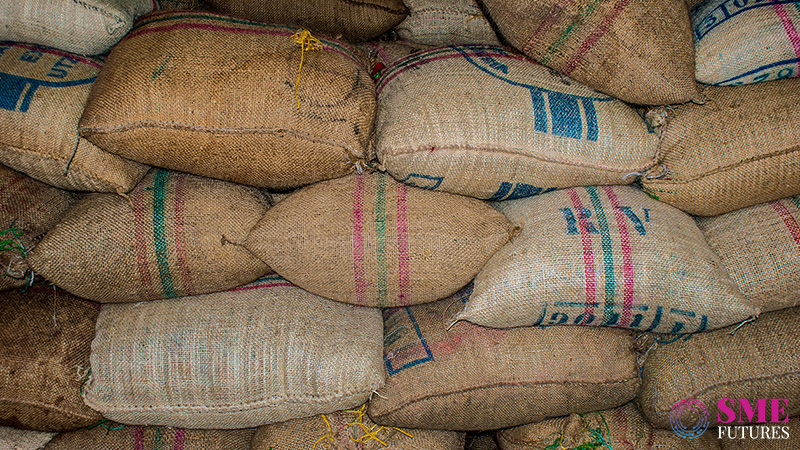India’s share in the world food grains market, based on the exported values in 2022, was 7.79 per cent (Source: ITC Trade Map calculations based on UN COMTRADE and ITC statistics).
Details of the top 10 agriculture commodities exported from the country and the top 10 importing countries of India’s agriculture products, during the last five years, are given in the table below:
India’s exports of food grains have registered a steady growth in the last few years which is reflected in the increase in India’s share in world food grain exports from 3.38 per cent in 2010 to 7.79 per cent in 2022 as per UN COMTRADE statistics. Export promotion is a continuous process.
The Government has taken several steps at State/ District levels to promote exports of agricultural products, including food grains. State-specific Action Plans have been prepared and State Level Monitoring Committees (SLMCs), Nodal Agencies for agricultural exports and Cluster Level Committees have been formed in several States. Country and product-specific action plans have also been formulated to promote exports.
The Agricultural & Processed Food Products Export Development Authority (APEDA), a statutory body under the administrative control of the Department of Commerce, has been providing financial assistance to the exporters of agricultural and processed food products, including foodgrains, under components such as Development of Export Infrastructure, Quality Development and Market Development under its scheme namely “Agriculture & Processed Food Export Promotion Scheme of APEDA”.
APEDA assists exporters in promoting exports by organising buyer-seller meets (BSMs); participating in international trade fairs and exhibitions; taking up the Sanitary and Phytosanitary (SPS), Technical Barriers to Trade (TBT) and Market Access issues with the importing countries; and regular interactions with the Indian Missions to tap export opportunities in various countries.
Further, Export Promotion Forums (EPFs) for Rice and Nutri-Cereals have been set up under the aegis of APEDA. The EPFs strive to identify and anticipate developments in the production and exports of these products, reach out to stakeholders across the entire production/ supply chain of exports and make recommendations for necessary policy interventions and other measures to promote exports.
Farmer Producer Organizations (FPO) have been established to leverage collective economies of scale in the production and marketing of agriculture and related products. This helps lower the average cost of production, hence increasing competitiveness in foreign markets.











